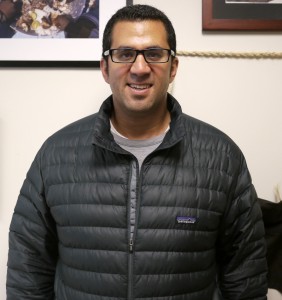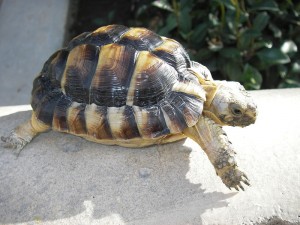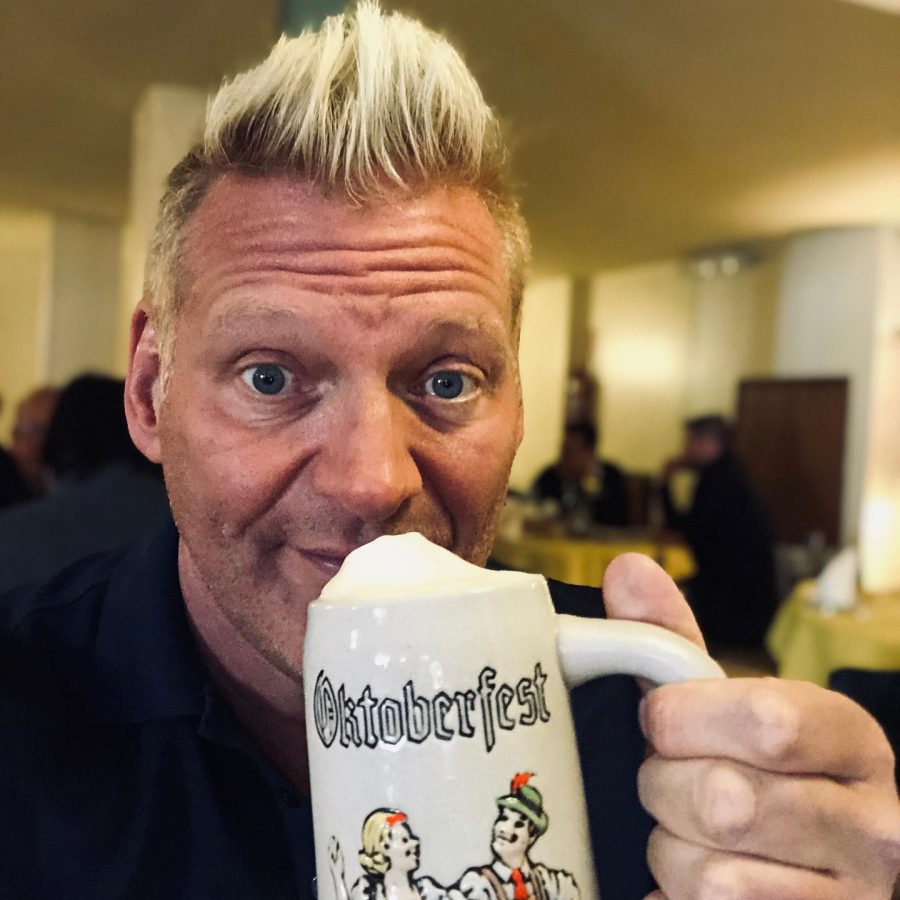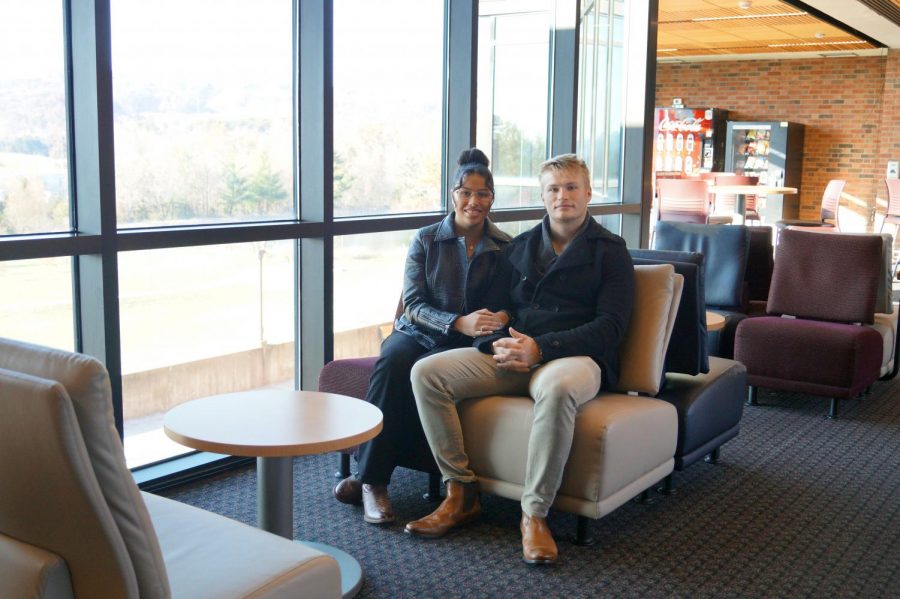
Every year, Omar Attum, assistant professor of biology, teaches students about Middle Eastern culture and wildlife during their travels on research trips to the Middle East.
Last semester, Attum and 11 students visited Dana, Jordan, where they camped in a protected area, observed wildlife and interacted with the local culture.
Attum said they also hiked for six hours through Petra, a city carved in red sand stone that is now considered one of the Seven Wonders of the World.
“It’s contagious and invigorating,” Attum said. “I enjoy helping people achieve what they want and helping young people work.”
Along with searching for and collecting data on the wildlife in Jordan, Attum said the students were blown away by some of the cultural experiences they encountered.
Dasynda Rosenbarger, biology junior, was one of the students on the trip to Jordan.
She said she learned a lot through her experiences on the trip.
“It gave me a sense of travel,” Rosenbarger said.
Rosenbarger said Attum showed the students hyena tracks and helped them identify certain reptile species.
“He was excited when we caught a reptile,” Rosenbarger said. “It’s nice when your professor is as excited as you are when you find something. He really enjoys what he does, and that helps the students to enjoy it.”
Attum was born in Johnson City, N.Y., and grew up in Louisville.
He was introduced to Middle Eastern culture at an early age.
His mother is Egyptian and his father was born in a Palestinian family who moved to Jordan. Attum said it was normal for him to visit the national parks and archeological sites as a child.
“Relatives would take us there to go play,” he said.
Attum said he remembers flying kites at the pyramids, having picnics and exploring interesting lizards and bugs.
“That’s how I know the area so well,” Attum said.
Attum said his wife, Erica Attum, encourages his travel. They have two children — Nasra, 2, and Rasheeda, 5.
Attum said both his girls love animals and visited him on his trip to Jordan last semester.
“I think you can live anywhere in the world as long as you get to travel,” Attum said.
While taking classes at the University of Louisville for his doctorate in environmental biology, Attum became involved in a project in Egypt.
The main focus of his research is the conservation of the Egyptian Tortoise, which was previously thought to be extinct.

Attum said he was the first person to verify that this species is still alive.
Attum said his studies on the Egyptian Tortoise are very broad, but his main goal is to protect the species from the pet trade.
Attum also works with local Egyptian ecologists to record behavior patterns in the tortoises.
He said this was a particular challenge because the locals are illiterate.
“I created a data sheet using symbols to help record the date, time, tortoise number, coordinates, behavior, vegetation,” Attum said. “This allows them to estimate population size.”
Along with his research, Attum said he took one step further in protecting the species.
Working with the locals, they created a craft project to help replace the selling of tortoises in the pet trade.
As part of their culture, the local women make elaborate headdresses that the matriarch of the family will wear.
The women use their skills in creating these headdresses to create embroidered images of tortoises.
Attum said this craft project was as a financial incentive to stop the selling of tortoises.
“You’re not just dealing with wildlife,” Attum said.“You’re dealing with pastoralist culture.”
Attum said although he lived without electricity and running water, he became good friends with the locals, speaking Arabic and witnessing dying traditions.
Attum said this human element made his work exciting.
“It’s a combination of the culture, the history, unique traditions and archeology,” Attum said. “That’s what makes it so exciting. I like how everything is intertwined.”
As an undergraduate, Attum frequently traveled with Sherif Baha Eldin, a herpetologist who Attum said was Egypt’s top naturalist.
While they collected data on reptiles in Egypt, Omar said he thought of himself as a tagalong during the weeks they spent looking for reptiles and old archeology in the oasis towns.
“It was in those four years before graduate school that I developed this passion and sense of independence,” Attum said.
Attum and Eldin visited old tombs searching for geckos and sometimes came across human remains.
Attum said he is faced with many different subjects of research when working in the Middle East.
“A lot of times, I wished I was an archeologist, an anthropologist, a geologist and a human rights lawyer,” Attum said.
Along with his work as a biologist, Attum is a freelance photographer and journalist.
Attum has been published in various magazines in Egypt and the United States, including “Egypt and Mideast Life” and “Egypt Today.”
By BRITTANY POWELL
Staff
bripowel@umail.iu.edu




